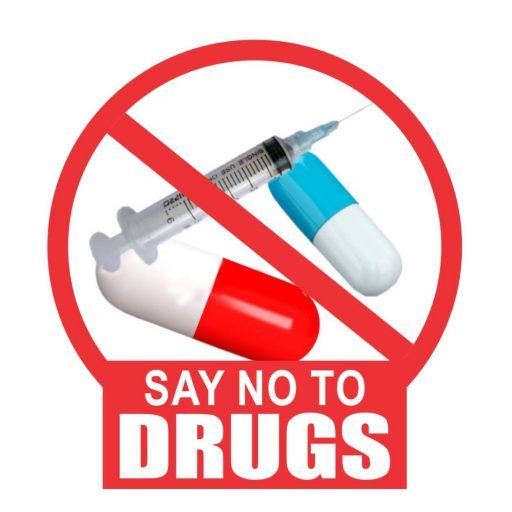Creating a drug-free future is a shared responsibility that requires the concerted efforts of individuals, organizations, and communities. In Akwa Ibom State, the fight against drug abuse starts with effective prevention strategies. By addressing the root causes, raising awareness, and empowering the community, we can build a society where individuals are equipped with the knowledge and resilience to make positive choices. In this blog post, we will explore prevention strategies that aim to shape a drug-free future for Akwa Ibom State.
- 1. Education: Empowering the Youth
Education plays a pivotal role in preventing drug abuse among the youth. By providing accurate and age-appropriate information about the dangers of drugs, we can empower young people to make informed decisions. Schools, colleges, and community organizations can collaborate to implement drug prevention programs that include interactive workshops, peer-to-peer mentoring, and awareness campaigns. Engaging students through creative mediums such as art, music, and drama can make prevention messages more relatable and impactful.
- 2. Parental Guidance: Building Strong Foundations
Parents and guardians play a crucial role in shaping their children’s attitudes and behaviors. Establishing open lines of communication and fostering healthy relationships within families can create a supportive environment that reduces the risk of drug abuse. The AKSDCC can organize parenting workshops, support groups, and counseling sessions to equip parents with the knowledge and skills to address drug-related issues effectively. Empowering parents with resources and information helps them become proactive agents in preventing drug abuse among their children.
- 3. Community Involvement: Engaging Stakeholders
Prevention efforts are most effective when the entire community comes together. AKSDCC can collaborate with local businesses, religious institutions, community leaders, and non-profit organizations to create a network of support. Community events, town hall meetings, and awareness campaigns can raise awareness about the dangers of drug abuse and provide resources for prevention. By involving diverse stakeholders, we can foster a sense of ownership and collective responsibility, making prevention a shared goal.
- 4. Empowering At-Risk Populations: Targeted Interventions
Certain populations, such as marginalized communities and vulnerable individuals, are more susceptible to drug abuse. It is crucial to implement targeted interventions to address their specific needs. AKSDCC can work with social service organizations, healthcare providers, and community leaders to provide outreach programs, counseling services, and support networks for at-risk populations. By offering tailored support, we can empower these individuals to overcome challenges and prevent drug abuse within their communities.
- 5. Public Awareness Campaigns: Spreading the Message
Raising public awareness is essential to foster a collective understanding of the consequences of drug abuse. AKSDCC can launch public awareness campaigns through various channels, including social media, radio, television, and community events. These campaigns should emphasize the importance of prevention, provide information on available resources, and encourage individuals to seek help if needed. Engaging influencers, celebrities, and local personalities can amplify the reach and impact of these campaigns, reaching a wider audience.
Prevention is the cornerstone of building a drug-free future for Akwa Ibom State. By implementing a comprehensive approach that involves education, parental guidance, community involvement, targeted interventions, and public awareness campaigns, we can create a society where individuals are equipped to make informed choices and lead fulfilling lives free from the negative impact of drugs. Together, let’s work towards a brighter and drug-free future for Akwa Ibom State.






